What does it mean to be a conscious citizen? In her monthly column, senior strategic leader in sustainable and international development, Natasha Hafez explores and expounds on precisely that. Join in her journey towards humanity with purpose.
August has come and gone but there’s something about the month of August —the Sunday of summer—that makes me want to hang on for dear life!
Whether snorkelling in the Red Sea’s rich marine and coral life, hiking the uninhabited islet forests of Panama’s Pacific Coast, or skewering commercial shrimp and locally-sourced vegetables at home on the backyard barbie, summertime invites us to connect (in a way that does not involve WiFi for a change). And, as summer break is nearing its end, we head back to our emails and offices; it is the unexpected daily experiences, with the diverse ecosystem surrounding, that evoke the inevitable question within: ‘what is the relationship of business to biodiversity?
Biodiversity is the variety of living organisms and the natural patterns it forms. A wonder to behold, it is the key to the future of how we think of our responsibilities and livelihood.
Daily activities and work play a key role in what we depend on to survive—our global ecosystem. About 75% of the land’s surface and more than 65% of the oceans are impacted by human activity, and according to a recent report by the OECD, the destruction caused by our natural work is costing the global community trillions of dollars every year. The loss of biodiversity is a threat not just to our businesses, but to our lives.
Sir David Attenborough once powerfully exclaimed, “Nature once determined how we survive, now we determine how nature survives.” His empowering words of wisdom inspire us to examine behaviours of the past and to determine a proactive course of action for the future.
Billions of years ago, before there was life on Earth, the planet was a wasteland with a chaotic and unstable climate. The more diverse and complex life on Earth became, the more it was able to capitalise on its diversity, and species arose that became dependent upon each other.
As Earth’s dominant species, we apply human intelligence to collectively problem solve and actively make conscious choices. At the same speed and scale that brought about the digital and mobile revolutions, we can shape the next generation of business reimagined by designing, creating, and investing in work that strives to achieve a more finite world.
Here are five universal goals that could promote sustainable business.
1) Invest in Renewable Energy and Transition Away from Fossil Fuels
Depending on infinite resources in a finite world is key; we will run out of fossil fuel before we run out of wind and solar power. According to data released by the International Renewable Energy Agency (IRENA), renewable energy currently accounts for a third of global power capacity, and the faster we complete the transition, the better our long-term gains will be. Embracing clean technologies that already exist sustains smart businesses as it ensures cost certainty and mitigates price volatility.
2) Innovate to Minimise Space
Sustainable businesses will significantly help reduce impact on habitats, and preserving habitats is essential to preserving biodiversity. The amount of physical land on Earth can support its population only if it is managed well. Employing new technologies that produce as much as possible from as little as possible is critical, because where we leave more natural space, forests, wetlands, and mangroves will regenerate rapidly and support all wildlife.
3) Restore Oceans to Good Health
The health of our oceans is critical to the way our planet and food chain survives and operates. Businesses of the future that respect the oceans as a resource that belongs to all, taking out only that which can be replaced, will help supply more food for a rapidly growing population. By setting aside a third of the coral reefs, and opening two-thirds for fishing, it takes that small fraction of the protected reef to power and sustain the population of the marine life where fishing is permitted. Some areas of ocean protected from fishing have already seen fish biomass increase by over 400% just over a few years. More innovative and technological solutions that help businesses prove the sustainability of their supply chains, give consumers more power to choose sustainably sourced products.
4) Eliminate Waste
Waste is just a resource in the wrong location. Humans require oxygen to breathe and emit carbon dioxide as waste; trees rely on that carbon dioxide as an invaluable resource, emitting our oxygen as byproduct. We can similarly create infrastructures and economies that enable a circular design by using things again and again, instead of using things up and depleting resources. Waste from one business or process can become food for the next. Instead of taking virgin resources, even the most complex global businesses can innovate by setting standards that require their suppliers to list all materials that go into packaging and commit to taking only recyclable materials. This will encourage businesses to rethink how they are looking at waste materials and help turn our trash into treasure.
5) Reimagine Success and Define a New “Business as Usual”
The resources and influence of the private sector offer significant opportunities for creative and effective contributions to conservation. The quest for everlasting and perpetual growth continues to threaten and damage society. The current economic culture and system expects and demands forever growth, but economic success does not have to equate to deteriorating environmental biodiversity. With a focus on regeneration instead of growth, the new sustainable economy will readdress this and thrive whether or not it grows, creating a successful business economy. A reinvented model for business will ultimately begin to mimic nature, adapting to thrive in the finite world around it.
Business needs to pioneer new ideas that demand less of our world. By doing so, the world will recover, and as it does, it will bring back stability and productivity for all species to flourish and interdepend upon.
How do we currently think about business? Cerulli, a leading research and global analytics firm, estimates that nearly USD$30 trillion will be inherited by millennials in the next twenty-five years, and assures that this next generation of customers, CEOs, and employees already know that business needs an impact story.
Let’s restore the balance of nature by changing the way in which we think about the purpose of our work. Is it to make money, or is it to survive and maintain our living planet?
Yours,
The Conscious Citizen


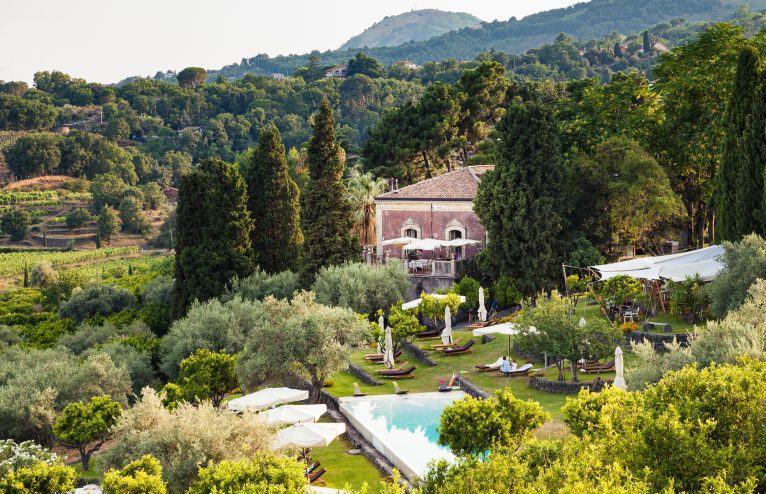



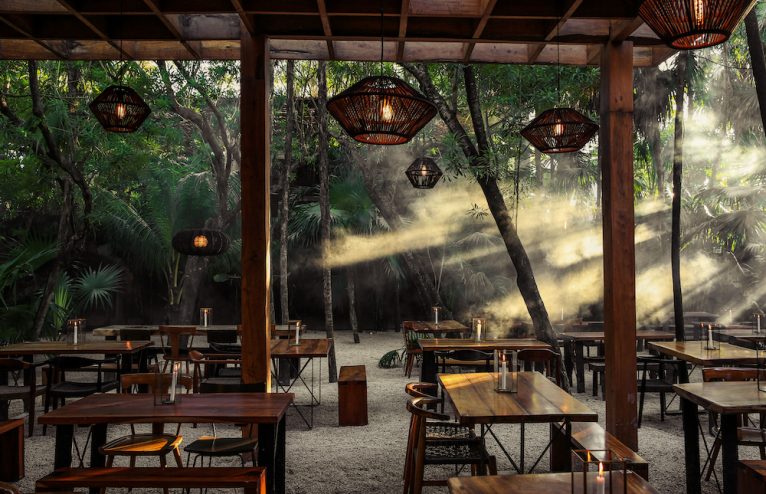
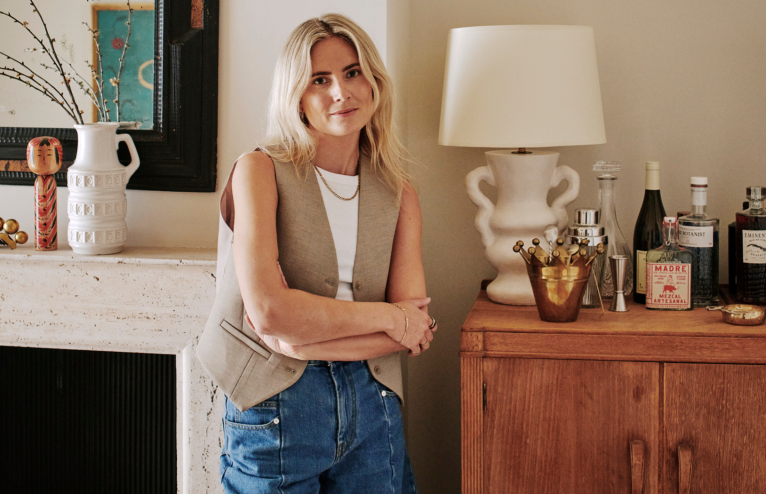


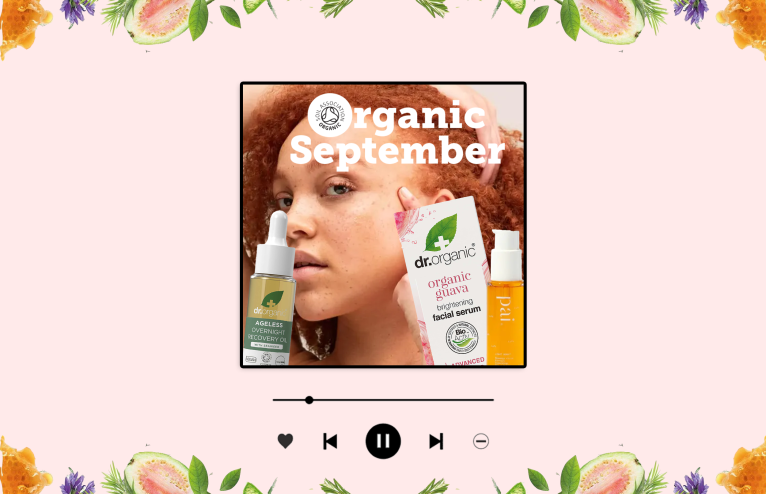
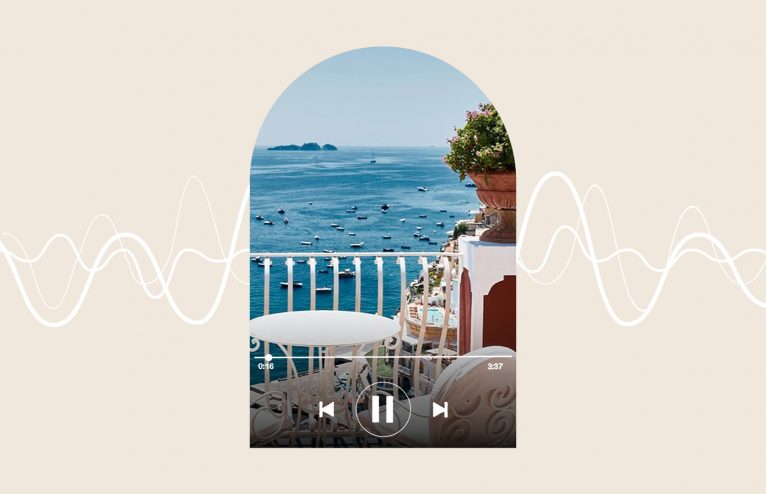



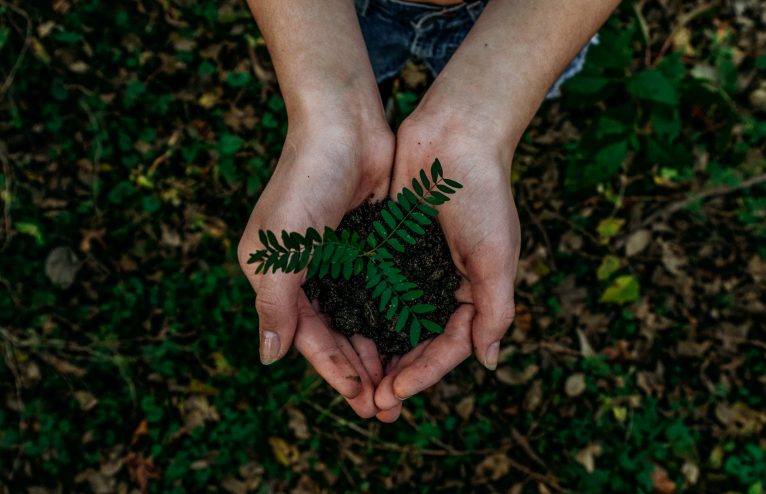
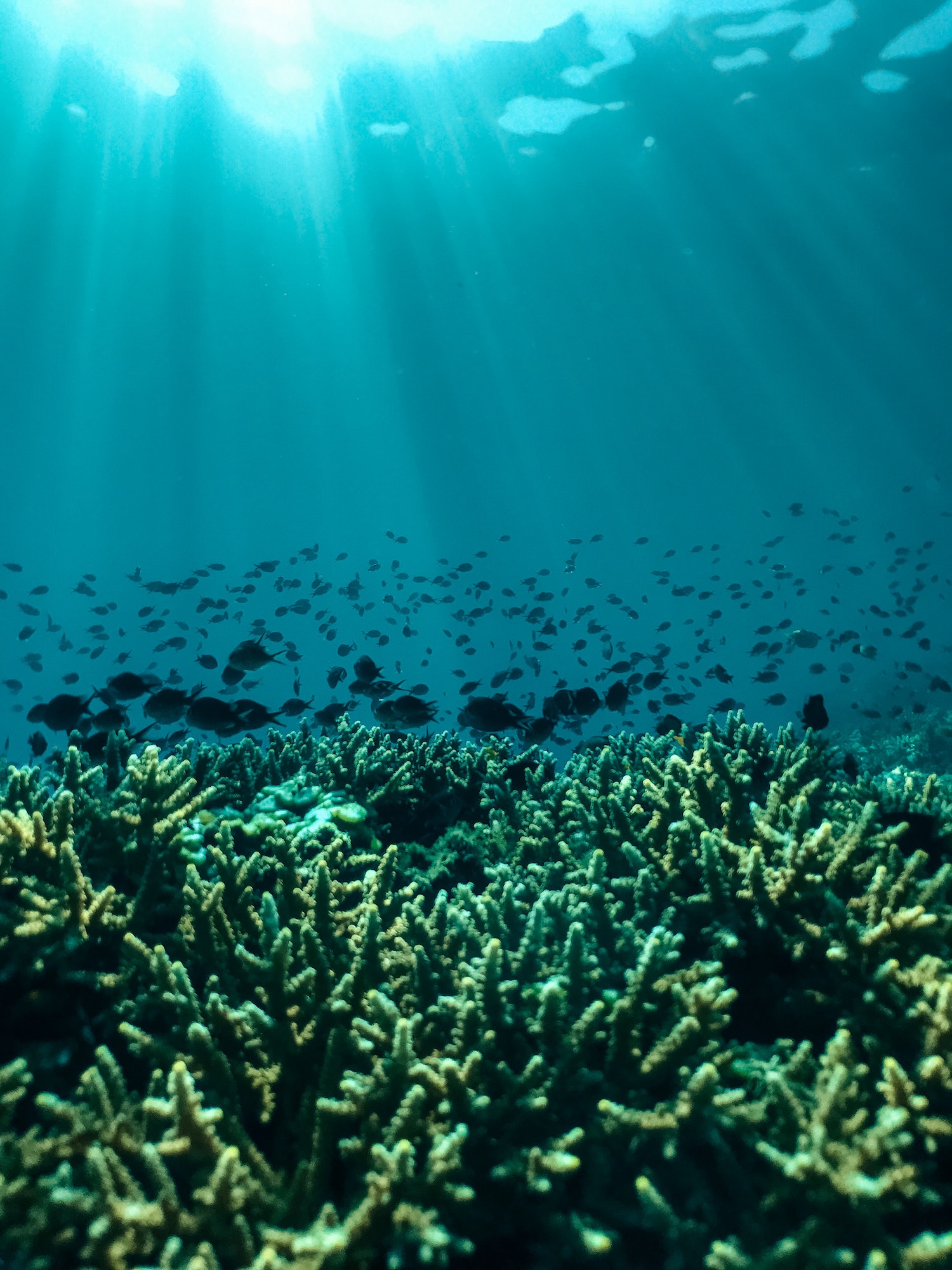
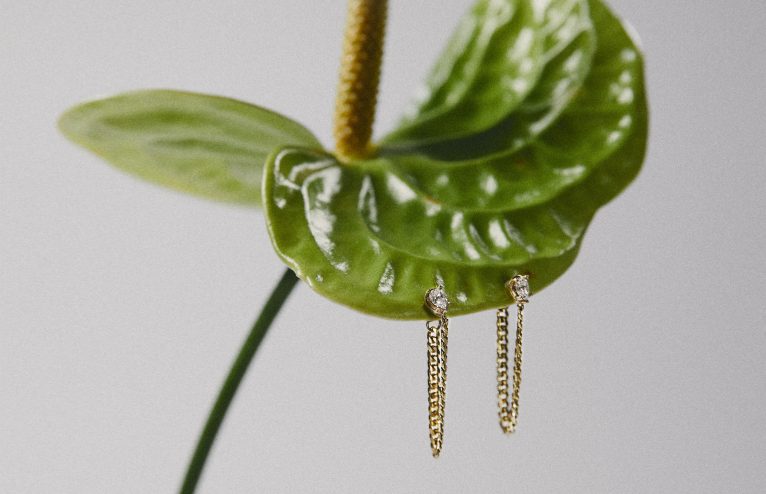
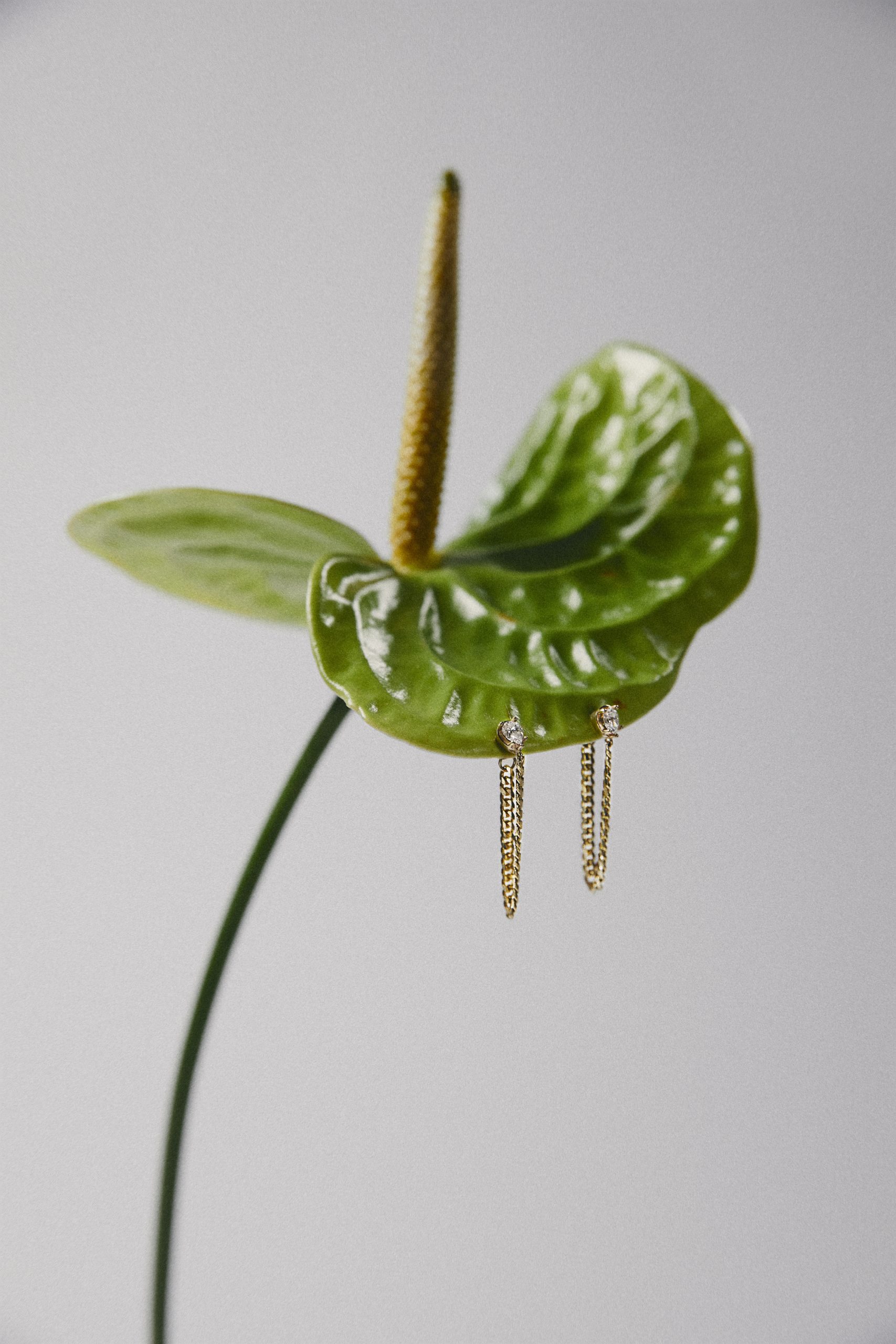



Any Questions or Tips to add?